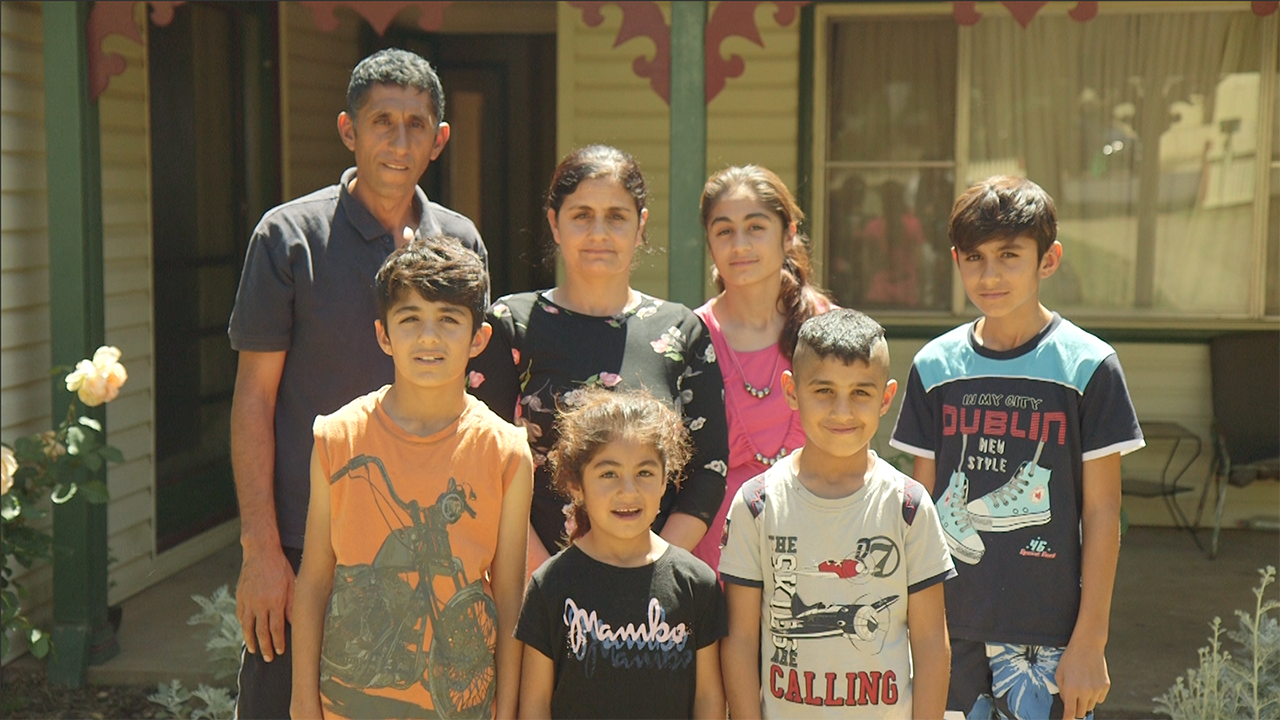It's the micro-finance organisation that could provide a major lift for new Australian entrepreneurs - and they're doing it without any government support.
is set to open in the first quarter of next year and will provide mentoring and micro-financing for business-minded refugees.
Backed by Westpac and other high-profile , Thrive is the brainchild of philanthropic business couple John and Anna Curtis and (SSI).
SSI chief executive, and , Violet Roumeliotis told SBS News her organisation originally started a highly successful program called Ignite, which helped refugees navigate the legal and logistical hurdles to opening their own businesses.
Related reading

Young Somali-Australians get chance to grow business skills
"We had over 200 refugees go through the program and almost 30 businesses set up," she said.
She said many refugees had had businesses in their home countries and knew how to run a businesses, but needed to local knowledge to understand Australian business law and regulations.
The program helped refugees work through key processes like getting Australian business numbers and setting things up with the tax office, but it also identified a common problem.
"The biggest gap we found was the capital people needed," Ms Roumeliotis said.
"Because they hadn't been in the country for a long time when they were trying to access funds that were not available to them.
"Also, a lot of them come from countries where families were their support and would lend them money, like Muslim families who are not meant to have loans."
Mr Curtis told SBS News he and his wife had wanted to find a way to change the conversation about refugees and show the good they did in the community.
"Refugees historically in Australia have made a great contribution," he said.
He said the micro-financing loans would be up to $20,000 and would be on average about $10,000 to $12,000.
"It could be working capital, it could be to buy a van, it could be to help them in their marketing, it could be for stock, it could for any number of business-related reason that would help them grow their business or start their business."
Mr Curtis said the micro-financing would be provided as a loan with an interest rate of about 10 per cent and would be repaid, depending on the circumstances of the business, within about three years.
Applicants would be referred from organisations that work with refugees like SSI, he said, and would also be given access to business mentors.
Thrive will begin in NSW and the board plans to eventually expand it across Australia.
"[In a 12 month period] we would be talking maybe around 100 loans, that would be a target to get," he said.
Mr Curtis said once the micro-loan was paid off the business owner would have a credit history and would be able to get a foot-hold in the traditional baking system.
Ms Roumeliotis said many refugees wanted to open their own businesses to gain some control over their own lives and to give back to the community.
"Many of them have lived in countries where there is no welfare state and you need to be enterprising - if you don't have a job somewhere, you make your own job," she said.
"They can control and make their own living."
She said many refugees "ran successful business in their own countries", unlike the typical belief that all refugees were unskilled or low skilled workers.
"Quite often people have multiple skills and ran their own business and they want to replicate that here and they don't want to wait, they have the passion, they have the skills, the have the know-all."
She said refugees often hired other refugees in their communities to ensure they were able to give other people opportunities.
Iranian refugee Arash Bordbar, 23, arrived in Australia with his mother and younger brother in June 2015.
He had escaped Iran and spent six years living in Malaysia as a refugee before being chosen to come to Australia.
Mr Bordbar, who is studying engineering at university, told SBS News both he and his mother wanted to start their own businesses.
"When I finished my studies I want to be involved in engineering, but I also want to look at following my passion," he said.
"I'm thinking to have a small coffee shop and then my brother can help."
He said his mother was also keen to open a business.
"She had her own hair and beauty salon before and has many years of experience. She likes to be independent and be useful and we like to have our own business and not to be dependent on the government.
"We can support our own families and also help other people in need."




